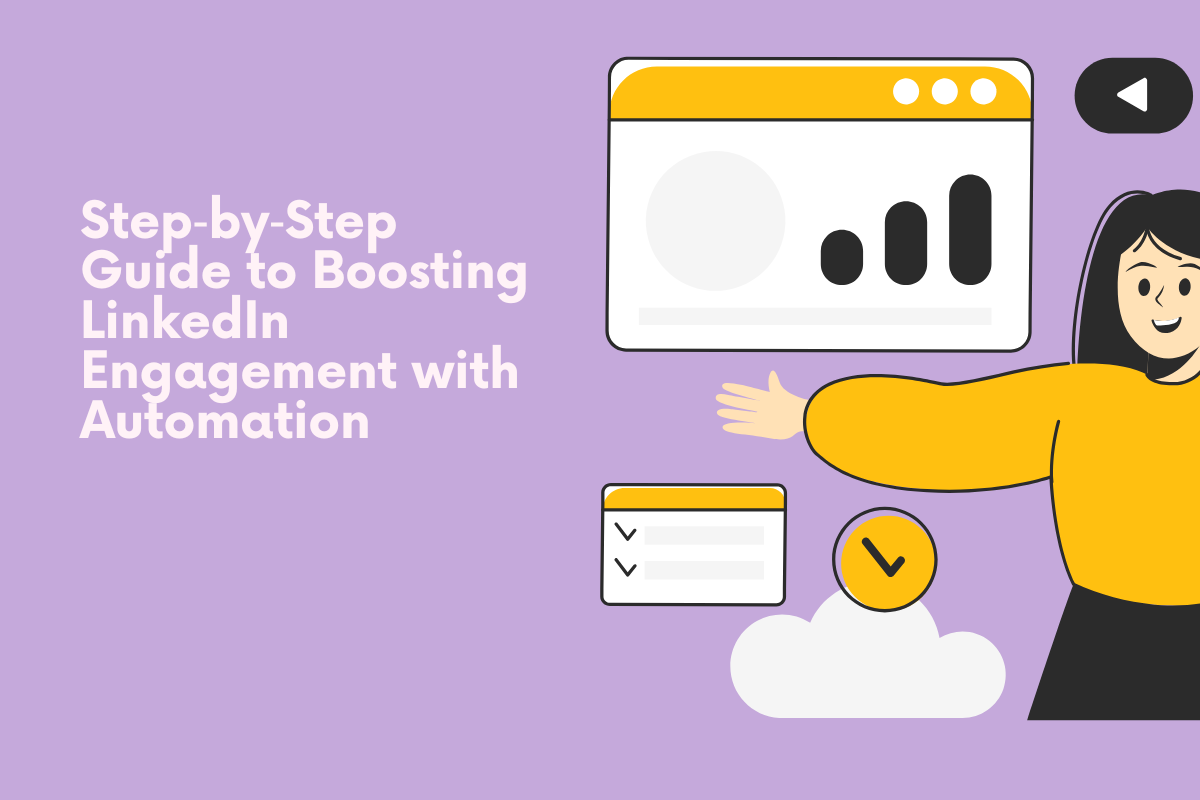Starting a biotech company sounds like a pipe dream to many. It’s easy to think the deck is stacked against you with all the big names, big money, and big science dominating the field.
But before you give up on the idea, know that most of what you’ve heard about starting a biotech business is probably just noise. Myths, half-truths, and outdated ideas often hold back countless would-be innovators. If you’ve got the passion and a killer idea, the road might not be as bumpy as it seems.
With that being said, in this article, we’ll clear the air and bust the top myths about starting a biotech company. By the end, you’ll see that the door to this exciting world is more open than you thought. Let’s begin!
Myth 1: You Need Millions to Get Started
One of the biggest myths is that you need a mountain of cash to start a biotech company. Yes, biotech is resource-intensive, but you don’t need millions upfront.
Plenty of startups begin with small grants, angel investors, or even bootstrapping. Early-stage funding sources like SBIR (Small Business Innovation Research) grants can give you a head start without giving away equity.
Another option is finding partners. Universities, research labs, and incubators often offer resources, equipment, and even mentorship. These collaborations can dramatically reduce your initial costs while you build credibility and refine your pitch for future investors.
Big money helps, but you don’t need it to take the first step.
Myth 2: You Must Be a Scientist
It’s easy to assume that only people in lab coats can run a biotech company. While scientific knowledge is essential, you don’t necessarily need a Ph.D. to lead the charge. Many successful biotech founders have backgrounds in business, law, or other fields.
What you do need is a strong team. If you’re not a scientist, find collaborators who are. Build a team with technical experts, advisors, and researchers to fill the gaps. Your role as a founder is to bring the vision, connect the dots, and ensure the business side of things runs smoothly.
Remember, the best leaders know how to surround themselves with the right people, not how to do everything themselves.
Myth 3: Research Chemicals Are Out of Reach
Sourcing research chemicals is one of the most challenging parts of starting a biotech company, especially if your core niche is medicine or drug development. Strict regulations, high costs, and quality concerns can overwhelm the process. However, it’s not impossible!
With the right approach, you can overcome these hurdles and gain access to the materials you need. For example, instead of buying necessary chemicals in bulk, start small. Many reputable suppliers offer research chemical and legal highs free samples, allowing you to test the quality without making a significant investment.
It also helps you avoid waste, ensuring the chemical meets your specific research needs before committing to a larger purchase. Additionally, by building relationships with trusted suppliers, you can negotiate better terms and gain access to resources tailored for startups.
Myth 4: The Market Is Too Crowded
The biotech space is competitive, no doubt. But crowded? Not really. Innovation is the heart of biotech, and new discoveries are happening every day. If you have a unique solution to a problem, there’s space for you.
Consider this: diseases evolve, technology advances and the demand for solutions keeps growing. From rare diseases to precision medicine and even agricultural biotech, there are countless untapped opportunities.
The key is focus. To be more specific, don’t try to solve every problem at once. Identify a niche, solve one problem exceptionally well, and build from there. It will ensure you are building your name in the industry and also help attract more opportunities your way. The market isn’t too crowded for innovative, passionate minds.
Myth 5: You’ll Never Get FDA Approval
The thought of navigating regulatory hurdles can feel overwhelming, but it’s not an impossible task. Regulatory bodies like the FDA are there to ensure safety and effectiveness, not to block innovation.
Startups don’t need to figure it all out on day one. Begin by understanding the basics of the approval process for your product type, whether it’s a drug, device, or diagnostic tool. Many regulatory consultants specialize in helping small companies navigate this process.
You can also take advantage of programs like the FDA’s Breakthrough Therapy Designation or Early-Stage Guidance. These programs are designed to streamline approval for innovative solutions. It’s a challenge, but one you can tackle with the right guidance.
To Sum It All Up
Starting a biotech company is challenging but far from impossible. With the right mindset and strategic approach, you can tackle obstacles like funding, regulations, and sourcing materials. Focus on building strong partnerships, staying informed, and leveraging small wins. Innovation thrives when myths are debunked and determination drives action.





.png)